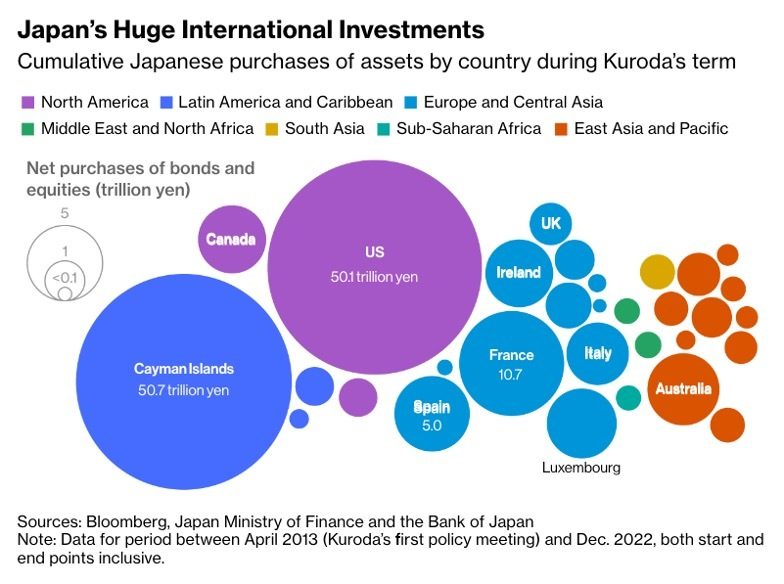
There are a number of articles that discuss the duties and responsibilities of an independent fund director. Most people involved in the offshore fund industry are familiar with the core fiduciary duties, i.e. loyalty, honesty, good faith, care, skill and diligence, and understand that the board of directors, which can consist of both independent and executive directors, is expected to oversee the operations of the company or partnership that is set up as an offshore investment fund.
In this article, I aim to provide a richer perspective by delving into the intricacies of the common duties and responsibilities inherent to an independent fund director.
Fund launch phase
A fund does not normally have any employees, and the operations are typically delegated to other service providers: the investment manager, fund administrator, custodian/prime broker, transfer agency, and placement agent.
When a new fund is about to be launched, the independent director would typically review the agreements binding the fund and its service providers. This comprehensive review encompasses a range of critical aspects, including alignment with current market practices, consistency among each other, adherence to the fund’s offering documents, and strict compliance with applicable laws and regulations. This exercise is often done in consultation with onshore and offshore fund counsel.
Once the fund is up and running, and during its active life, various circumstances and events require the involvement, review and/or the formal approval of the fund’s board of directors.
Audit approval and board meetings
The approval and issuance of the fund’s annual audited financial statements is a key event, and it is expected that the directors will perform a high-level review of the financial statements in order to understand the fund’s financial information, sources of income and expenses, significant changes versus the previous year and any other material disclosures.
The process is typically finalised with a formal board meeting with the presence of the auditor, the investment manager and the fund administrator, where usual inquiries are made and key topics are discussed before the final approval can be granted.
Formal board meetings with the fund’s service providers also typically occur on a semi-annual or quarterly basis − giving the directors a chance to receive an update on the fund’s operations, performance, material events, and approve or ratify matters that happened during that period.
Ad-hoc and more frequent meetings are held as needed. This is in addition to any monthly, quarterly or semi-annual accounting, financial and performance reports that fund directors may receive from the investment manager, the administrator and other service providers.
Ongoing funds matters
While there are a number of ongoing matters to be considered, the following are some common examples of items that arise on a frequent basis:
· A redemption (or subscription) waiver request – this often occurs during the life of a fund, where a redemption request would not meet the exact terms of the fund’s governing documents and requires the approval of the board of directors. The directors would typically assess the nature of the request, make any necessary inquiries and decide based on the information provided, acting in the best interest of the fund and investors. In certain cases, and under agreed circumstances, these powers can also be delegated to the investment manager with subsequent ratification by the board of directors.
· Payment of a distribution or a return of capital to investors – as a common occurrence, these actions are often delegated to the investment manager and again subsequently ratified in board meetings. Some funds require the formal approval of its directors which will occur after the review of the supporting calculations, financial information and confirmation of solvency.
· Proposed changes to certain aspects of the fund’s investment guidelines by the fund’s sponsor or manager – this may include a change of service provider or amendment to the features of some share classes. Fund directors need to carefully assess the nature of the proposed changes and work with fund’s counsel to ensure the changes are executed in accordance with the governing documents and that all required approvals are received.
· Funds entering into a credit facility with a lender for the purposes of liquidity – this typically arises when a fund needs to meet redemption payments, speed up the process to make investments or enhance the overall investor return. From the directors’ perspective, this will entail the review of credit facility agreements, ancillary documents and fund’s resolutions and it is likely that a number of representations and warranties may be given to the lender. In addition, other documents (i.e., utilisation loan documents and certificates of compliance) may be required each time an amount is drawn as part of the credit facility and require thorough review and execution by fund directors.
· Payment of fund expenses – in most cases, this process is fully delegated to the fund manager and administrator, whereas in some specific cases the review and approval of the controlling body, represented by the fund’s directors, may also be needed – this is more commonly seen in exempted partnerships controlled by the board of the general partner.
Redemption gates and winding down
In times of economic crises or severe market drawdowns, such as the stock market crash of 2008 and Covid-19 in March 2020 or any other particular event affecting the liquidity of the fund’s assets, funds have the ability to suspend redemptions or impose redemption gates in order to restrict the amount and timing of redemptions.
The nature of the gate, for example the repayment dates and percentages that can be repaid back, will typically be determined by its directors in consultation with the investment manager – as set out in the fund’s offering documents.
Unfortunately, the presence of gates can exacerbate redemption requests by investors, as they fear being last in line in a liquidation scenario.
Likewise, when a fund enters into its natural winding down process, directors need to carefully monitor the realisation of the assets, understand how and when the capital will be returned to investors and make sure all final liquidation expenses are being accrued and taken into consideration before any final payments to investors can occur.
In the context of a Cayman investment fund, once directors resolve to cease operations and recommend that a fund be placed into voluntary liquidation, a declaration of solvency is typically signed and voluntary liquidators are appointed, after which they assume control of the fund and the powers of the directors.
To provide clarity, the abovementioned responsibilities and duties are just a number of selected examples highlighting the range of scenarios in which fund directors are required to engage. It is not a complete list as there are many other situations that may warrant the careful oversight or approval of directors and each situation must be individually assessed to determine the appropriate course of action.
Updated rule on corporate governance
In 2023, the Cayman Islands Monetary Authority issued a new rule on corporate governance for regulated entities.
The new rule reinforced the need for private funds to establish and maintain robust governance frameworks. While regulated investment funds in Cayman do not require the presence of independent directors, the nature and scope of the director’s activities described above can illustrate why experienced independent directors are able to add value and help achieve effective oversight, independence, risk management, and transparency, all of which have been highlighted by CIMA as critical topics in these recent changes.

Martin Laufer is a fund director at Channel Capital Cayman.
C +1 345 323 2748
E Martin.Laufer@channelcapital.ky


